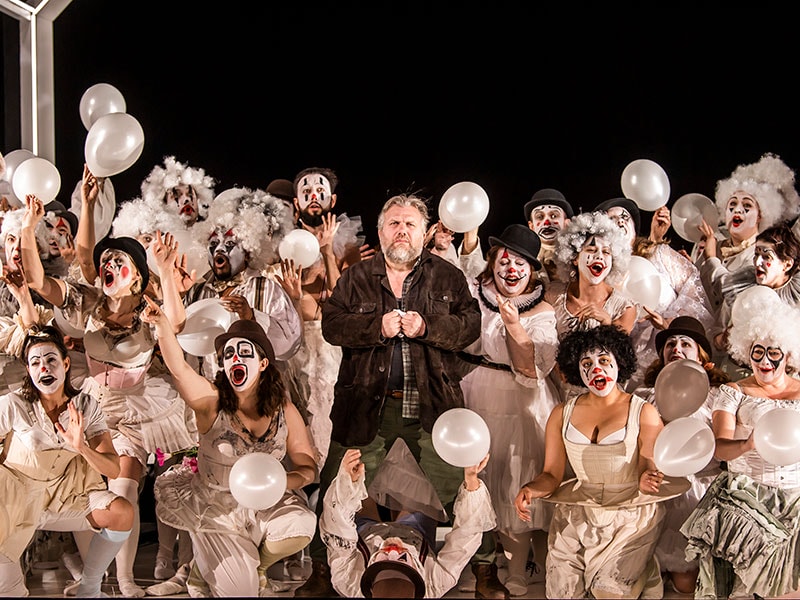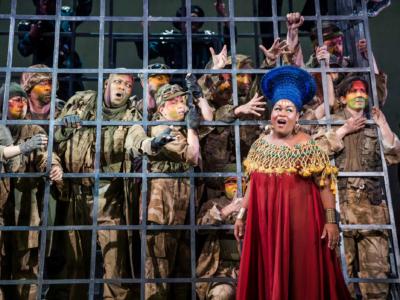Who’s Who, What’s What - Luisa Miller
Looking forward to attending Luisa Miller, but not sure what you should know beforehand? Look no further – read on for answers to 5 frequently asked questions about Verdi‘s Luisa Miller.
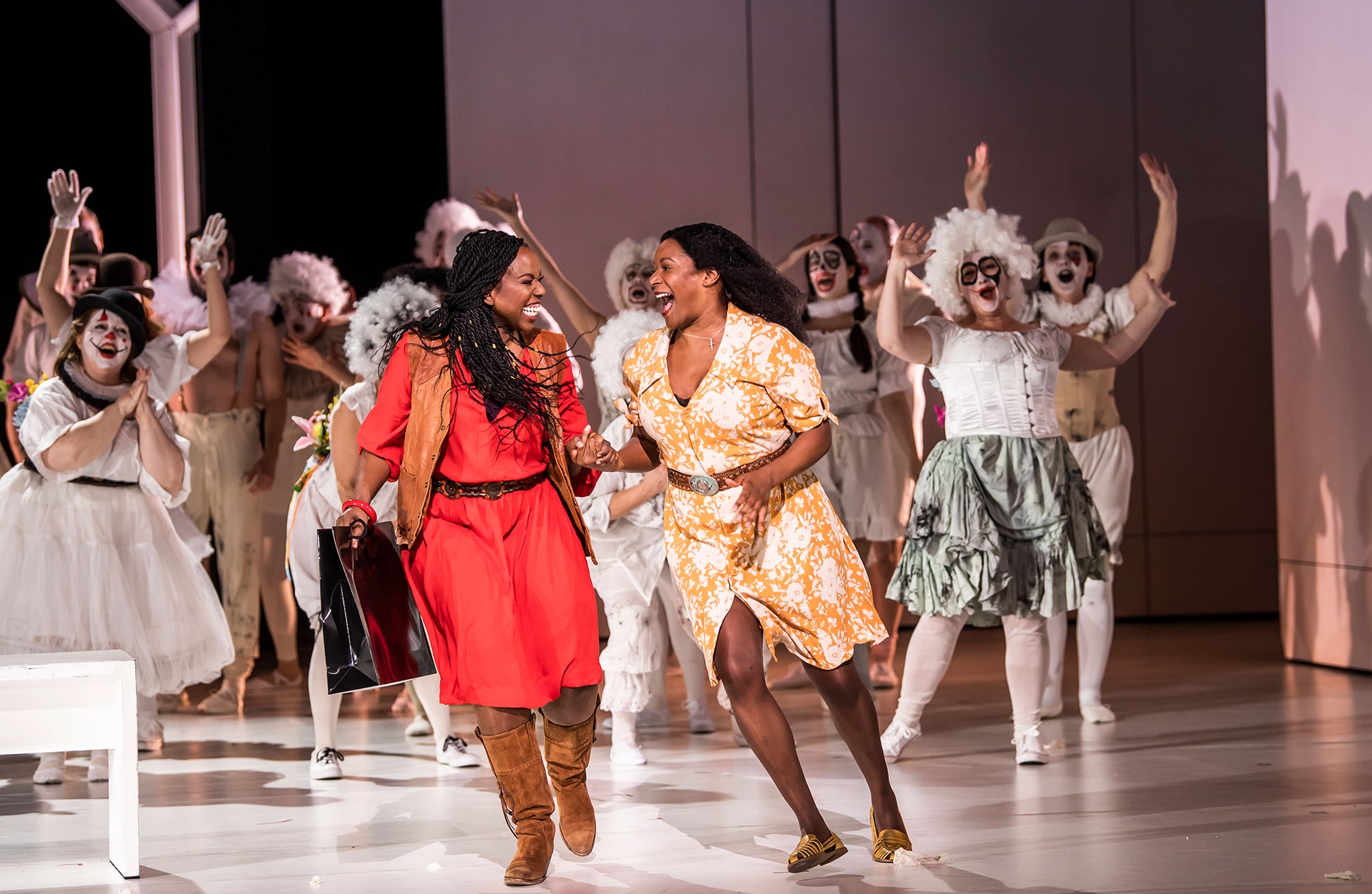
Who’s Verdi?
He’s only the daddy of Italian opera! Climbing on the coattails of Rossini (another Italian composing extraordinaire, who famously wrote The Barber of Seville, amongst others), Giuseppe Verdi took the Italian school of opera and expanded on it, writing many of opera’s greatest works.
He was pretty famous for his sympathy with the Risorgimento movement, which is a fancy way of saying he liked the idea of a united Italy.
Verdi wrote 26 operas, living to the ripe old age of 87 before his death in 1901, honoured by the entire classical music world. He was kind of a big deal.
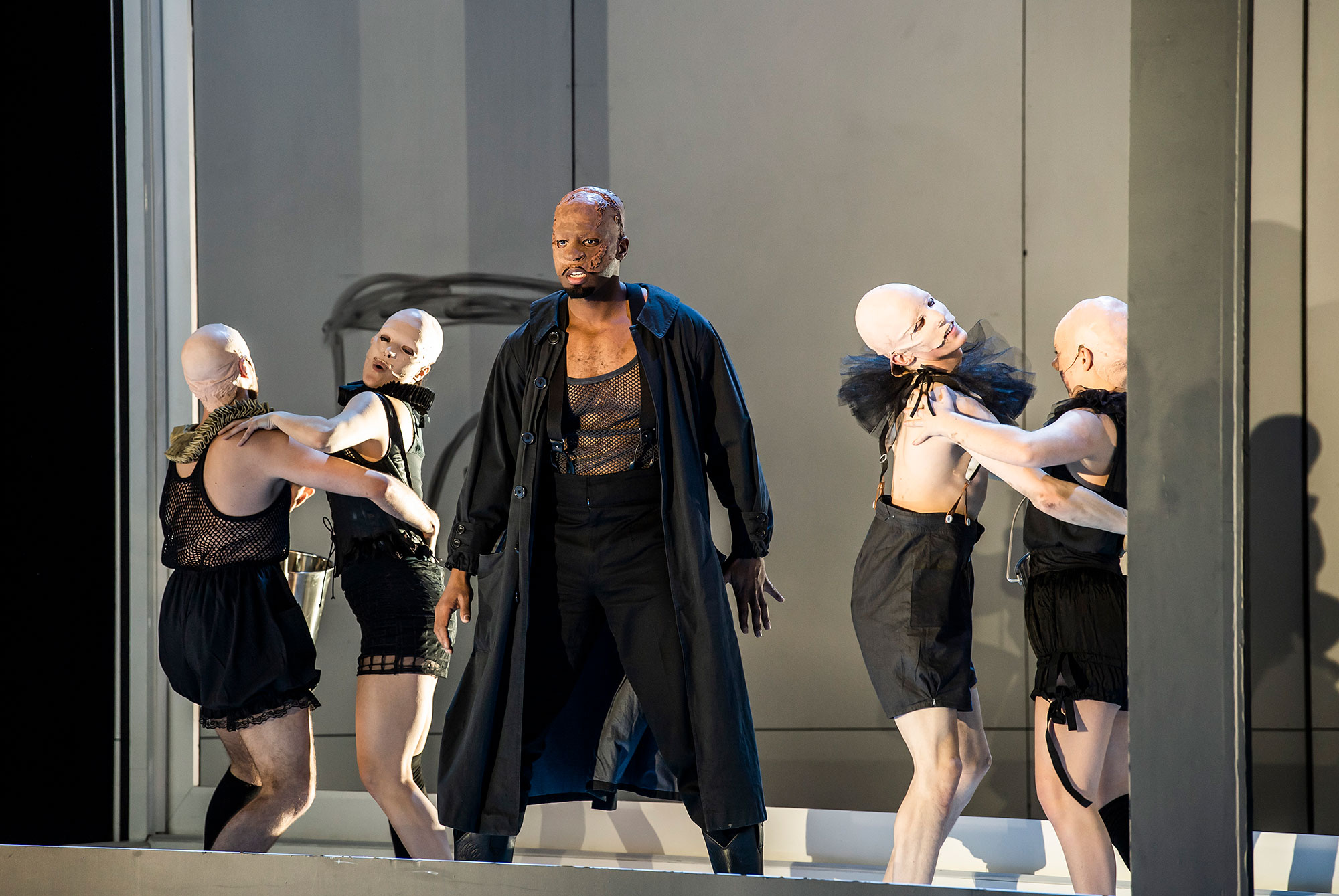
What’s his most famous work?
If it’s a really famous opera with a funny name, there’s a good chance Verdi wrote it – Rigoletto, La traviata, Aida, and a couple of Shakespeare ones are amongst his most highly regarded.
Verdi’s a bit of a rock star amongst opera composers, so there’s plenty of operas to choose from. You might also recognise a bit from his Requiem as the dramatic music from The X Factor, which is truly his greatest legacy.
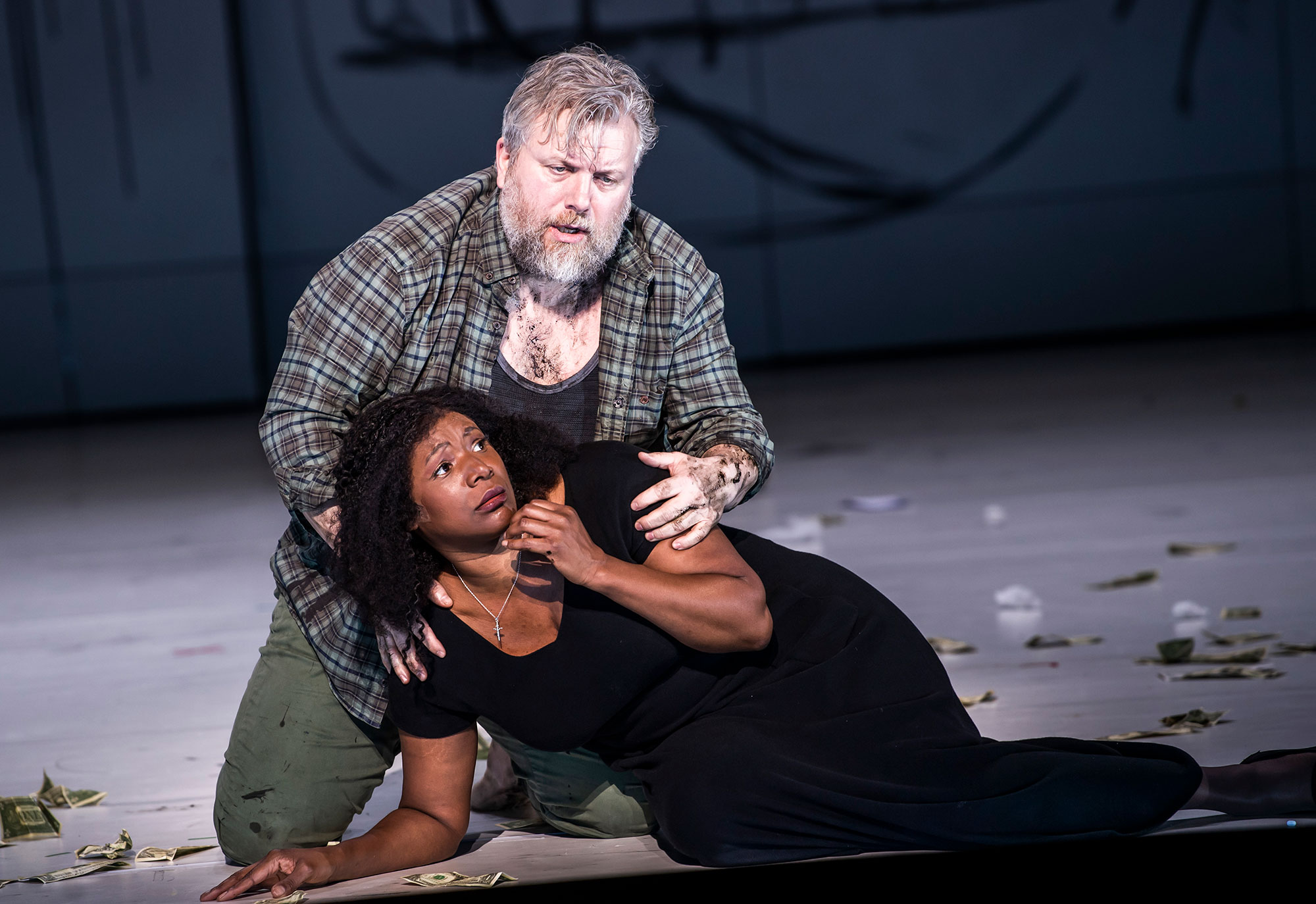
What’s Luisa Miller about?
Drama, intrigue, loss – prepare to clutch those pearls.
The titular Luisa has a secret romance with Carlo, who isn’t Carlo but Rodolfo, the local Count’s son, who’s so very fancy. The Count’s a bit miffed by this, since he’d already arranged a marriage for Rodolfo to a duchess. It all spins out from there, with unrequited love, pesky politics and dastardly deeds, ending in a final climax that’s typical of Verdi. It’s all very dramatic.
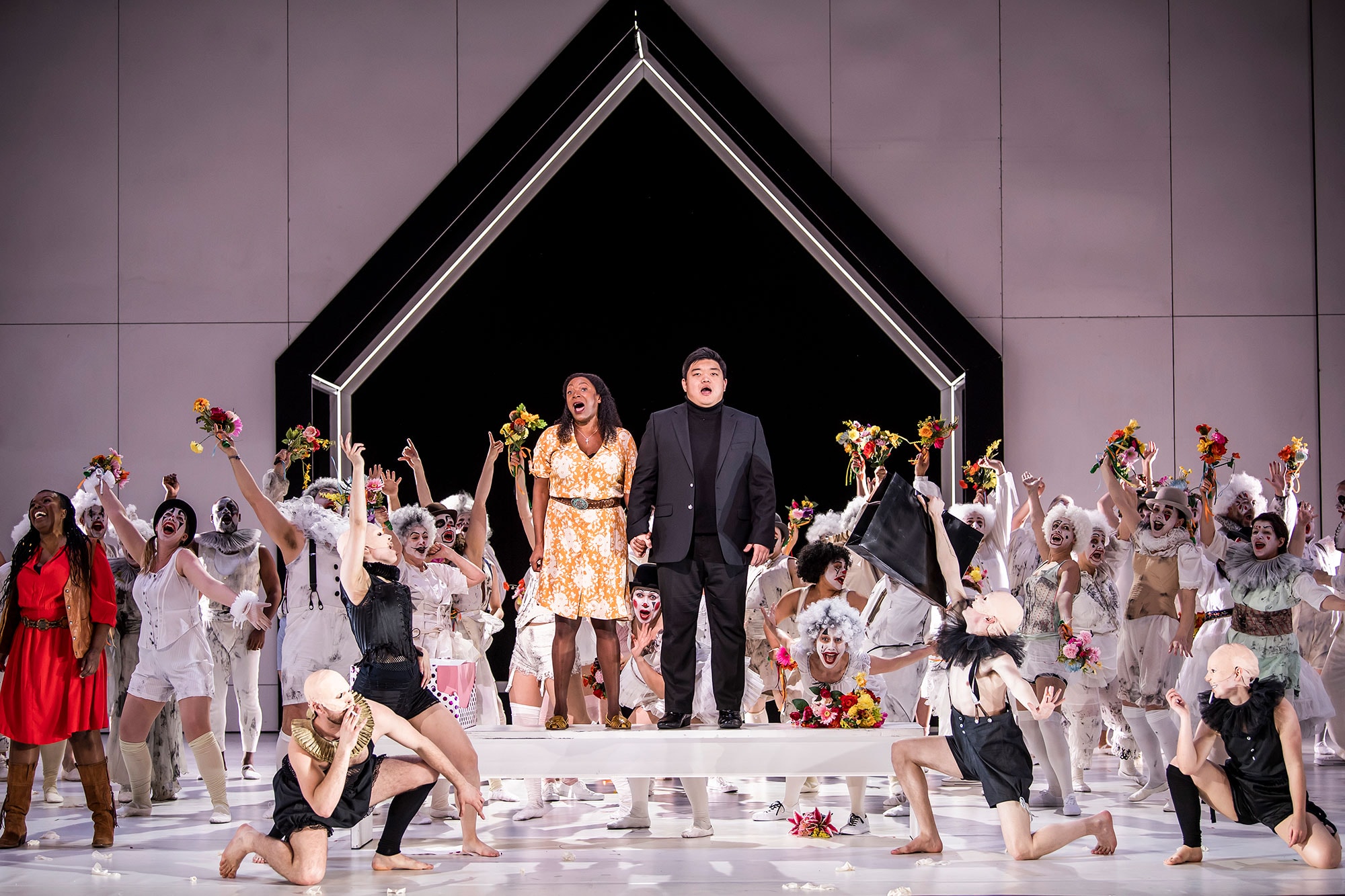
What’s special about the music of Luisa Miller?
Luisa Miller was written shortly before he got truly popular with Rigoletto two years later – which means the skills were all there, but everyone was still thinking ‘Verdi? I don’t know her’. It’s (arguably) the first opera in which Verdi developed his ‘personal’ style, marking when he became the cherished composer we know today. It’s sensitive, aware of its scale and beautifully dramatic, in all the right amounts.
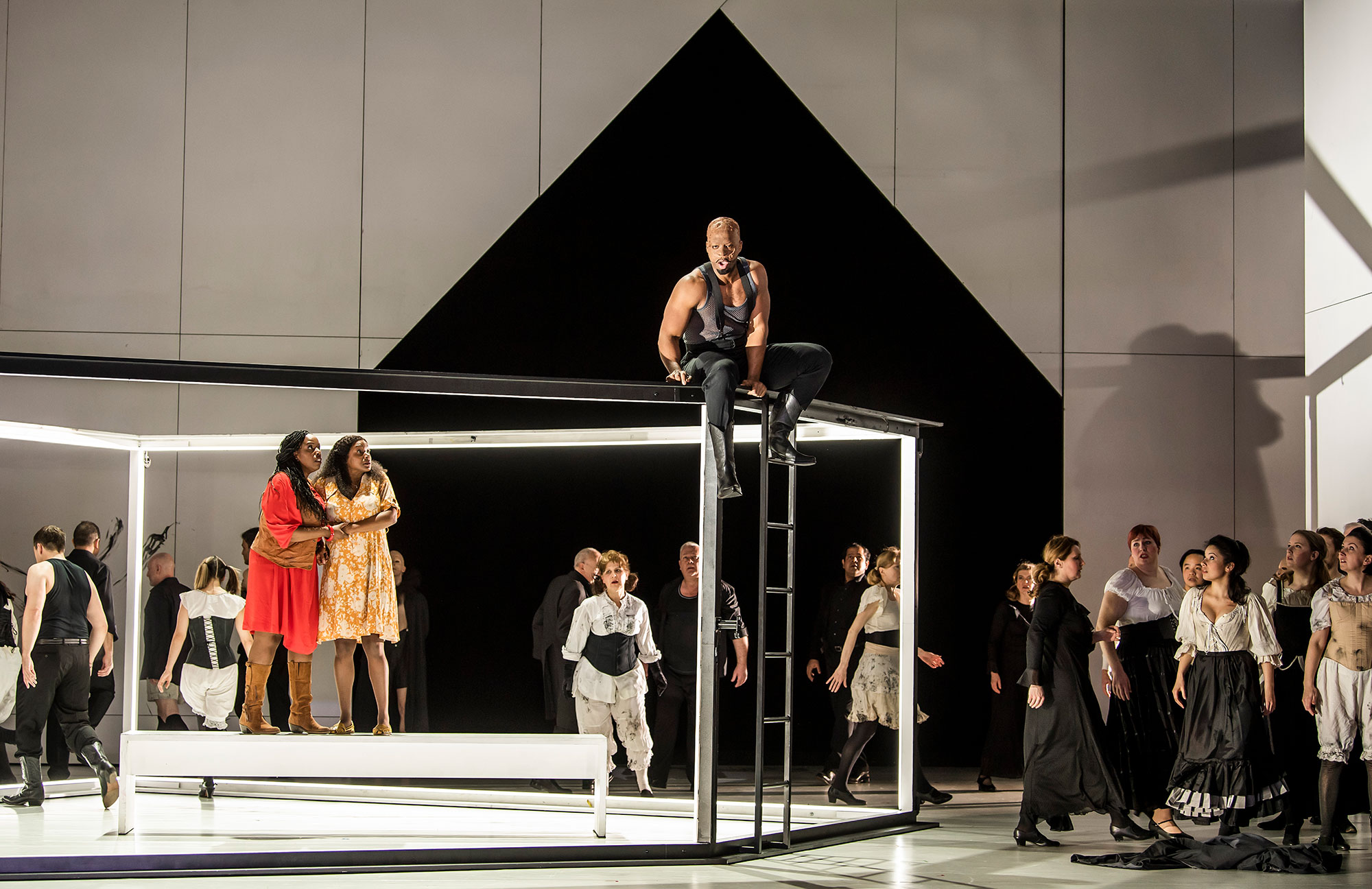
What’s the deal with this production?
Directed by the award-winning Barbora Horáková, this production has minimal staging, with the skeleton of a house comprising the major set piece in which the drama unfolds.
With costuming reminiscent of Mexico’s Day of the Dead, the characters stand in harsh contrast to the stark scenery in which they stand. You can leave those opera glasses in your bag – you won’t be needing them!

